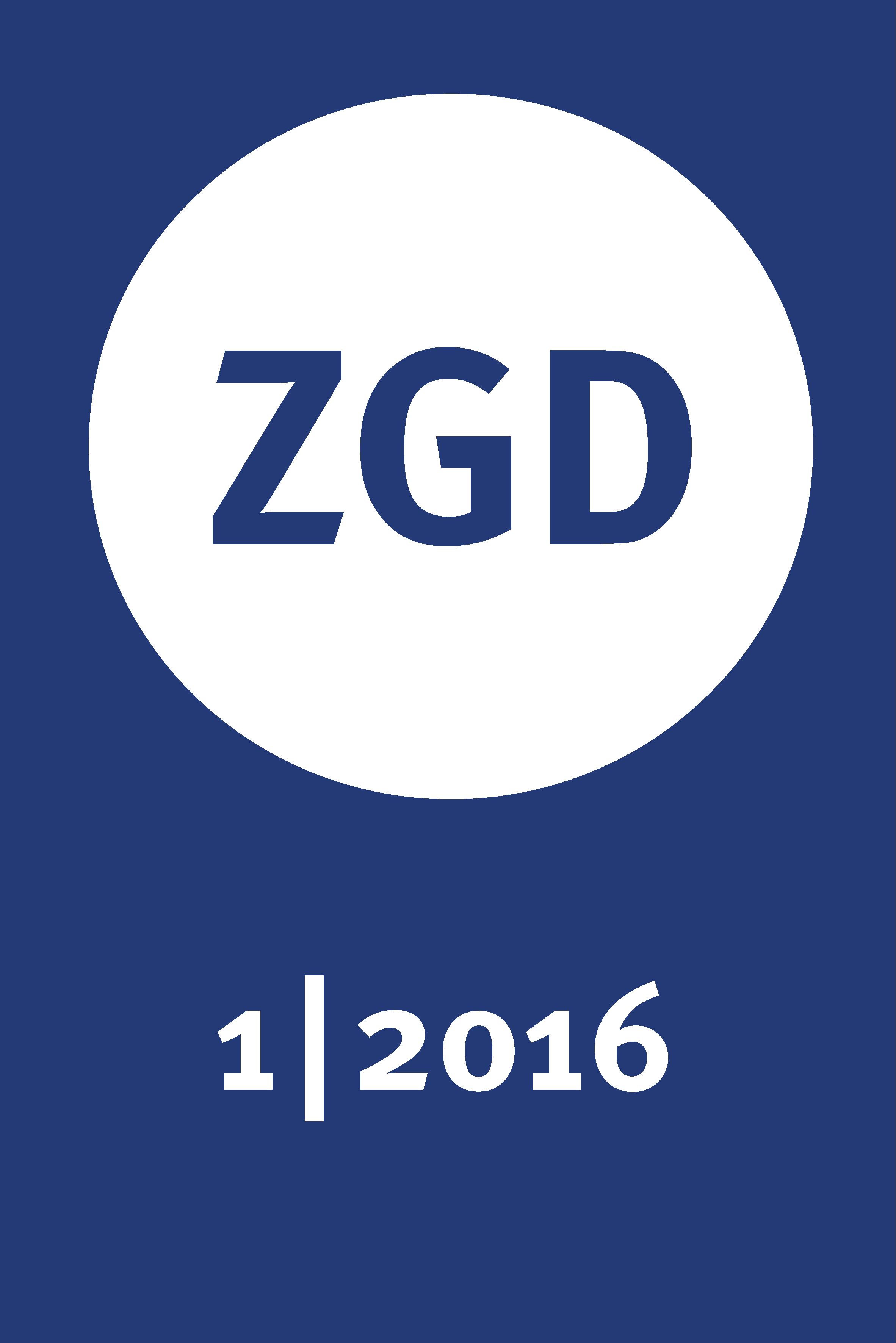(Re-)Producing Difference in Intercultural Education. A Reflexive Approach to Culture as a Category of Differentiation
DOI:
https://doi.org/10.18452/23259Keywords:
intercultural learning, migration pedagogy, postcolonial theories, students' conceptions, conversation analysisAbstract
Intercultural learning is a fundamental aspect of education in the field of Geography. The following article will look at intercultural learning as a concept to address the topic of the ethnically diverse German society. By factoring in the theoretical perspective of migration pedagogy, I will discuss whether intercultural approaches might contribute to reinforcing cultural boundaries. I will then outline postcolonial concepts, which will allow for an analysis of the impacts of categorizations based on national, ethnical and cultural difference. These theoretical approaches will then be looked at in relation to an extract of a focus-group interview of secondary school students on the issue of cultural identity and difference. A student's contribution will be looked at in depth by using the method of conversation analysis. Based on this example, I will demonstrate how othering experiences and conscious or unconscious symbolic boundaries in the everyday lives of the students can develop the intercultural learning for teaching in the field of Geography. I will argue for a reflexive approach to culture taking into account socially constructed and objectified categories of belonging and symbolic exclusions, as well as more complex positionings and understandings of belonging.
Downloads
Published
How to Cite
Issue
Section
License
Copyright (c) 2021 Journal of Geography Education

This work is licensed under a Creative Commons Attribution-NonCommercial-NoDerivatives 4.0 International License.







